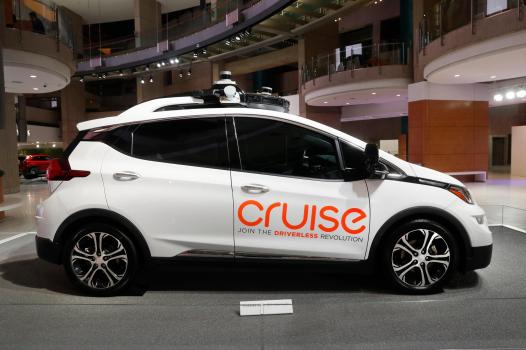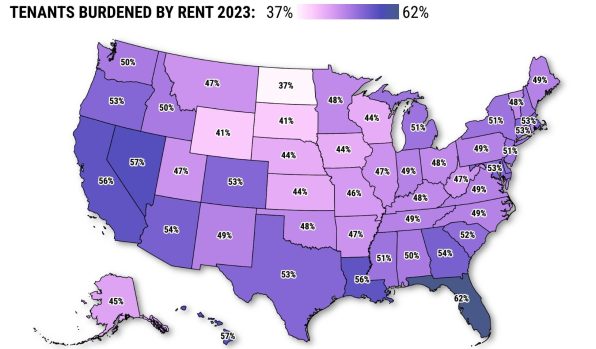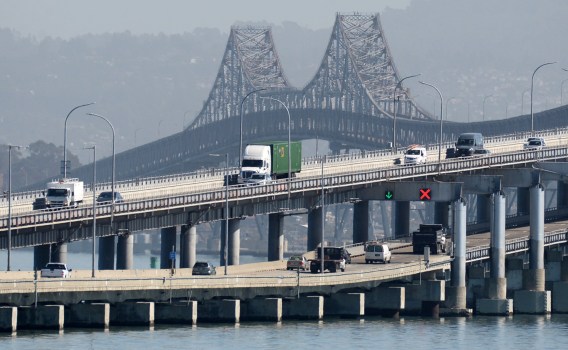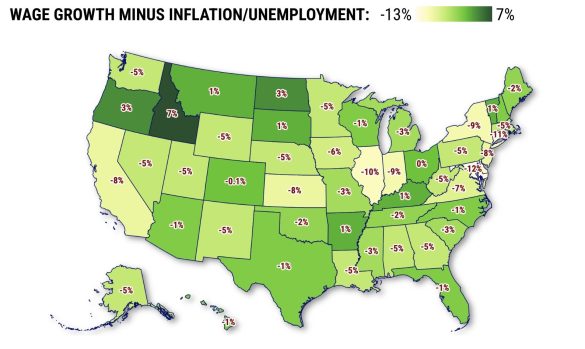On Tuesday, General Motors announced that it would cease funding its financially troubled Cruise autonomous vehicle division and withdraw from the robot taxi industry.
The Detroit carmaker will instead concentrate on creating driver-assistance technologies that are partially automated for personal vehicles, such as its Super Cruise, which enables drivers to remove their hands from the steering wheel.
Given the significant time and resources required to develop the business and the fiercely competitive robotaxis sector, GM announced that it would exit the robotaxis market.
The business announced that it will integrate its own technical staff with Cruise’s to develop cutting-edge driver assistance solutions.
In 2016, GM acquired San Francisco-based Cruise Automation with the goal of creating a lucrative fleet of robotaxis.
Despite suffering millions of losses, GM invested billions of dollars in the subsidiary over the years and ultimately purchased 90% of the business from investors.
After years of full-fledged support, GM’s dismissal of Cruise reflects a dramatic 180-degree turnabout that severely damaged the automaker’s finances. After spending $2.4 billion on Cruise, the firm saw little return on its investment and years of unrelenting losses. According to GM shareholder disclosures submitted to the Securities and Exchange Commission, the robotaxi service has accrued over $10 billion in operating losses and less than $500 million in revenue since GM purchased a majority ownership in Cruise for $581 million in 2016.
After one of its autonomous Chevrolet Bolts dragged a pedestrian in San Francisco who was struck by another car in 2023, the carmaker reduced its investment in the company, despite having previously stated intentions for Cruise to bring in $1 billion annually by 2025.
Cruise allegedly concealed information about the collision for nearly two weeks, according to the California Public Utilities Commission.
Regulators halted Cruise’s license to operate its driverless fleet in California as a result of the humiliating episode, which also led to a leadership purge and layoffs that eliminated around 25% of the company’s workers.
On a Tuesday conference call, GM CEO Mary Barra informed analysts that the new division will concentrate on personal automobiles and creating autonomous driving systems under specific conditions.
In order to fully own the business, the corporation plans to purchase the remaining shares and has agreements to purchase an additional 7% of Cruise.
The decision represents yet another setback for driverless cars, which have proven to be much more difficult to construct than businesses initially thought. Ford Motor Company, a crosstown rival, shut down its Pittsburgh-based Argo AI autonomous car business, which it co-owned with Volkswagen, two years ago.
The company stated at the time that it would take several years to see a route to profitability.
However, other businesses are moving forward with plans to expand their services and implement autonomous vehicles.
Plans to expand Waymo’s robotaxi service outside of urban Phoenix, San Francisco, and Los Angeles are being expedited by Alphabet Inc. The business announced last week that it will start testing its autonomous Jaguars in Miami the following year, with intentions to begin charging for rides in 2026.
Less than a month has passed since Waymo made its robotaxi service available to anyone in need of transportation within an 80-square-mile radius of Los Angeles. In collaboration with Uber, the industry leader in ride-hailing, Waymo also intends to open fleets in Atlanta and Austin the following year.
A startup named Aurora Innovation intends to begin deploying completely driverless semis to transport freight on Texas roadways in April.
According to Elon Musk, CEO of Tesla, the business intends to have driverless Models Y and 3 operating by the end of the year. According to him, robotaxis without steering wheels that use Tesla’s Full Self-Driving system would be accessible in California and Texas in 2026.
However, a National Highway Traffic Safety Administration assessment of Full Self-Driving’s vision in low visibility settings raised questions about whether Teslas are prepared for deployment without human drivers.
Following reports of four crashes involving Full Self-Driving Teslas when they came into contact with airborne dust, fog, and sun glare, the agency launched the investigation in October. One of the collisions claimed the life of a pedestrian in Arizona.
In order to restructure the business and redirect Cruise’s operations toward driver assistance technologies, GM stated that it will collaborate with Cruise’s leadership. The corporation anticipates a yearly spending reduction of over $1 billion as a result of the restructure.
According to GM, Cruise will continue to operate in San Francisco and employ roughly 2,300 people. A spokesperson stated that until the restructuring is finished next year, it is too soon to discuss job figures.
Cruise will bring its software, artificial intelligence, and sensor development to GM in order to collaborate on enhancing GM’s driver-assist systems, according to Dave Richardson, senior vice president of software and services engineering.
As we move forward, we want to capitalize on what has already been accomplished, and we believe we can do so rather well, Barra stated.
Following Tuesday’s closing bell, GM shares increased by almost 3% in trade. For the year, they are up almost 47%.
_____
AP Technology This study was written by San Francisco-based author Michael Liedtke.
Note: Every piece of content is rigorously reviewed by our team of experienced writers and editors to ensure its accuracy. Our writers use credible sources and adhere to strict fact-checking protocols to verify all claims and data before publication. If an error is identified, we promptly correct it and strive for transparency in all updates, feel free to reach out to us via email. We appreciate your trust and support!




